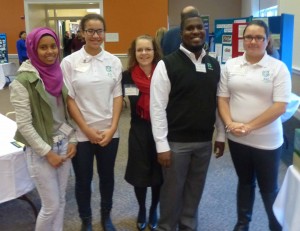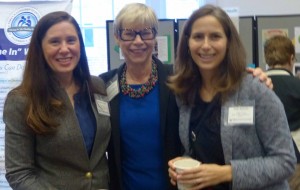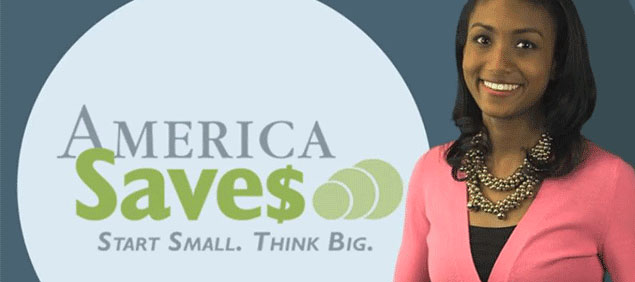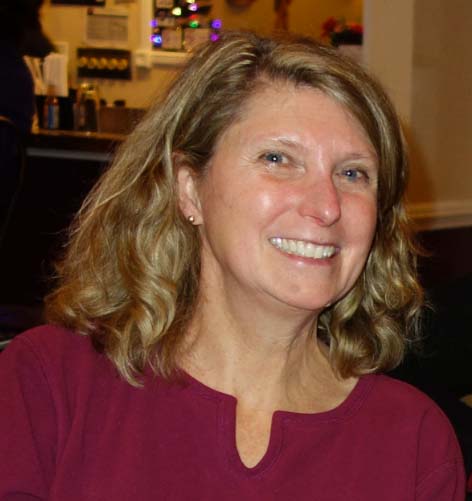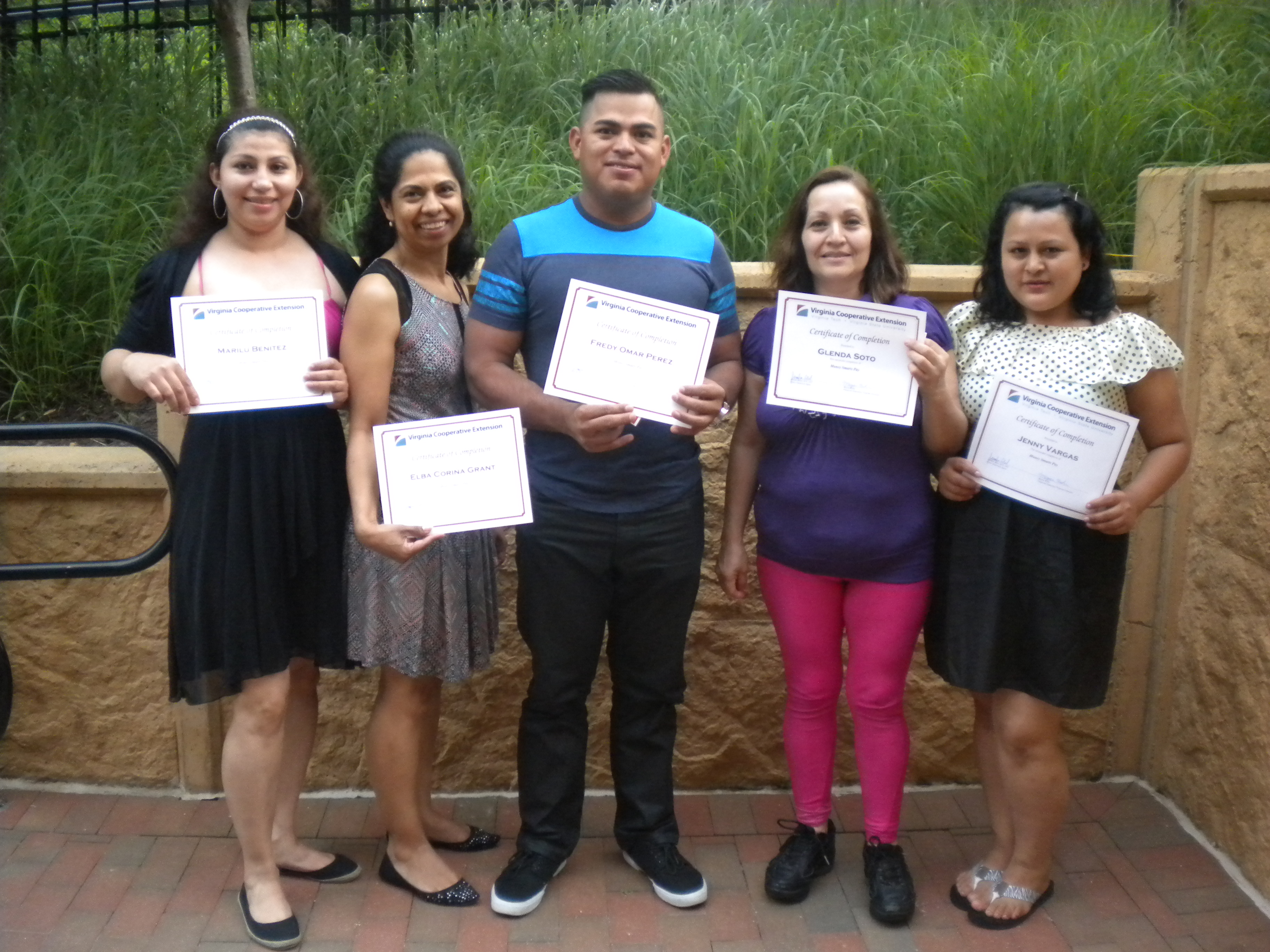By Master Financial Education Volunteer Eileen Jones
Working toward a healthier financial future before your New Year’s resolutions begin!
Time is of the essence! You’ve heard that at least once before in your lifetime. Well, the year is quickly coming to an end and now is the time to get your important year-end financial tasks in order. The deadline is December 31st, and unlike some deadlines in life, this one cannot be changed.
Here’s a list of smart money moves to that may help you end the year 2015 on solid financial ground.
- Assess any financial loss as this may save you in taxes:
Tax-loss harvesting is pretty simple – it means offsetting your realized taxable gains on your investments (capital gains) with losses (capital losses). That means selling stocks, bonds, and mutual funds that have lost value to help reduce taxes on gains from winning investments. Tax-loss harvesting has a deadline of 31 December, so don’t waste time. The idea is to sell investments that are not expected to gain significant value in the near (or possibly far) future. Do not undermine your long-term investing goals by selling an investment just for tax purposes – research and make smart decisions that will ultimately save you money.
- Give to your favorite charity or charities:
Charitable donations are an extremely effective way to reduce your taxable income when you itemize on your tax returns. If you’ve been meaning to make a donation and want to lower your tax bill for 2015, be sure to make your contributions by December 31.
Charities like Goodwill and Salvation Army are a great place to donate your gently used household items and clothing. Forget Spring Cleaning – end-of-year cleaning can be very beneficial. It can make you feel good about helping others while benefiting you through tax write-offs. Go ahead – clean out closets – but don’t forget to itemize your donations and always get receipts for all non-cash donations.
- Consider giving money to your favorite family member(s):
Give to family members, especially if you are approaching the later years in life. Take advantage of the IRS tax law that allows an individual to give up to $14,000 a year to as many individuals as you choose without paying gift taxes. Giving cash, stocks, bonds, and real estate reduces your estate. This can also help reduce your stress levels as “cleaning house,” if you will, lowers one’s burden in life.
- Bundle your tax write-offs:
One way to maximize the value of tax deductions is to bunch two years’ worth of itemized deductions into a single year, especially if you expect your income to be higher. For example, if you have unreimbursed work expenses that you incurred early in the year, you might be able to pull next year’s expenses into this year and double up your 2015 deduction.
Homeowners with mortgage payments: consider making an extra mortgage payment or prepay taxes (state and real estate), this will allow you to take additional deductions on your 2015 tax return.
- Max and Match – reduce your taxable income:
Even if you contribute regularly to your 401(k) or 403(b), take a few minutes to see whether you can make an additional contribution before the end of the year—especially if you aren’t on track to contribute the full amount your employer matches. The maximum you can contribute in pretax dollars for 2015 is $18,000, or $24,000 if you’re age 50 or older, and contributions must be made by December 31, 2015.
You may be able to reduce your taxable income1 by making a contribution to an IRA or spousal IRA. While you can make an IRA contribution for 2015 by April 18, 2016 (the tax-filing deadline for 2016 due to a federal holiday), doing so now will give your money more potential to grow in a tax-advantaged way. The maximum contribution is $5,500 per person ($6,500 if you are age 50 or older) or 100% of employment compensation, whichever is less.
- Don’t forget money in your Flexible Spending Account (FSA):
There are two types of flexible spending accounts that allow you to set aside pretax money and then reimburse yourself, with calendar-year “use-it-or-lose-it” deadlines: health care and dependent care. The U.S. Treasury Department has relaxed the rules a bit this year. Employers can allow participants to carry over up to $500 in unused funds into next year, so make sure your balance doesn’t exceed that. Some plans allow you to submit 2015 claims until March 2016—check with your employer
- Health plan analysis:
Do you receive health insurance through your job? If so, many offer more than one option and choosing the right one can be financially beneficial. If you don’t go to the doctors often or regularly, enrolling in a plan that is more affordable because the co-pays and the deductible are high, may be your best option. Your company should provide you with all of the necessary paperwork so you can read up on each plan – be an educated consumer when choosing the right health plan for you and your family.
- Assess your W4:
Are you claiming too many dependants so that the IRS is holding onto your money rather than you? Or at tax time, do you owe the IRS a huge amount of money? Now is the time to assess whether you need to change tax withholding from your pay check. Getting a big tax rebate check is nice, but unless you are using it wisely, you are missing out financially.
- Consider converting a traditional IRA to a Roth IRA:
Who wouldn’t want the tax-free growth potential and withdrawals in retirement that a Roth IRA offers? The problem is, not everyone can contribute to a Roth IRA because of income limits. But you may be able to convert existing money in a traditional IRA or other retirement savings account into a Roth IRA. Because pretax contributions and gains in a traditional IRA are generally considered taxable income when you convert, later in the year is a good time to take a look. That’s because you have more information about your taxable income for the year, which may enable you to convert a more targeted amount to ensure that the income from the conversion doesn’t bump you into a higher income tax bracket. If you don’t have an existing traditional IRA, you may want to open one, make a nondeductible contribution, and convert it to a Roth IRA before it accumulates any earnings. That way it would not be considered taxable income.
- Are you over 701/2 year of age? Take your minimum required distribution:
As soon as you turn 70½, IRS regulations generally require you to withdraw a minimum amount of money each year from your tax-deferred retirement accounts (i.e. traditional IRAs, annuities, 401(k) plans); otherwise, you may have to pay penalties of up to 50% of your minimum required distribution (MRD). Be prudent – pay attention – don’t let the IRS take your hard-earned money!
Even if you reached 70½ this year, you have until April 1, 2016, to take your 2015 distribution. However, it still might be a good idea to take your 2015 distribution now, before the end of this year. Waiting will mean that you will have to take two distributions in one year – 2015 and 2016. If this pushes you into a higher tax bracket next year, you will have to give the IRS more of your money. Being mindful now may mean saving money in the long run!
Remember: the benefits of these suggestions can last a lifetime! Don’t regret wasting these opportunities.


